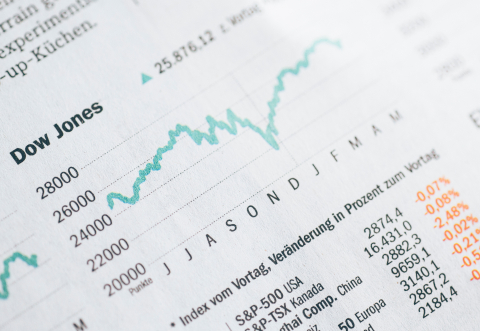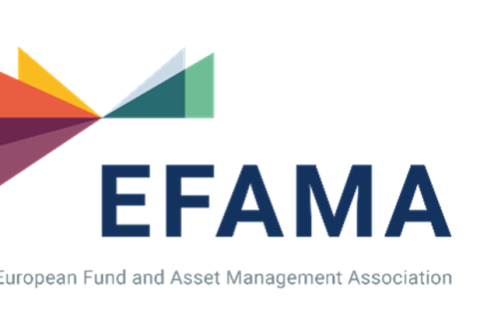Capital markets
Investment managers, acting on behalf of their retail and institutional clients, are among the largest investors in financial markets. They represent a key component of the market’s “buy-side” segment.
In representing the interests of its members on wholesale capital market issues, EFAMA advocates for fair, deep, liquid, and transparent capital markets, supported by properly regulated and supervised market infrastructure.
EFAMA responds to EC draft DA on integration of ESG into MiFID II
EFAMA's reply to ESMA's CP on PTRR services with regards to the clearing obligation
Policymakers threaten to backtrack on pre-trade data for EU consolidated tape
European asset managers continue to urge policymakers to support the European Parliament’s proposal for an Equities/ETFs consolidated tape which includes 5 layers of real-time pre-trade data. Market participants, including the European buy and sell-sides have consistently maintained that a post-trade only equities/ETFs consolidated tape will not meet with the market demand required to make the tape commercially viable. Tanguy van de Werve, Director General of EFAMA, stated: “This would be a legislative se
EFAMA statement on European exchanges’ bid to run a consolidated equities tape
EFAMA welcomes the recent proposal by European exchanges to build a consolidated tape. This affirms the buy-side’s long standing view that a European consolidated tape is key to completing the objectives of the Capital Markets Union and ensuring that European capital markets remain globally competitive. We have identified important use-cases for institutional and retail investors alike, not least in the ability to receive best execution on trades.
EFAMA, ICSA & MFA welcome IOSCO Feedback Statement on “Market Data in the Secondary Equity Market”
3 June 2022 - EFAMA, ICSA and MFA (the Associations) have read IOSCO’s Feedback Statement on “Market Data in the Secondary Equity Market” following the IOSCO consultation in 2021, and warmly welcome its conclusions.
The Associations would like to draw attention towards the executive summary in particular, where a number of valuable insights and recommendations are presented. For example, we fully support the statement below, though we would suggest an important addition:
3 Questions to Jean-Louis Schirmann on the use of EURIBOR
Q #1 How was Euribor impacted by the adoption of the Benchmark Regulation (BMR) and what are the relevant features of the reformed Euribor for investment managers?
3 Questions to Christophe Binet on LIBOR Transition
Q #1 When will LIBOR phase out and which rates will be replacing it?
The London Interbank Offered Rate, also known as LIBOR®, is a widely-used index for short-term interest rates that is commonly found in
Global Memo: Benchmark Data Costs
A key purpose of the financial system is to allocate capital and risk in a manner that supports sustainable economic development and growth, including through the provision of financing, investment and hedging products. Financial benchmarks/indices are fundamental to the functioning of financial markets and are widely used in both retail and wholesale markets. In particular, benchmarks are a valuable tool helping market participants to set prices, measure performances, or work out amounts payable under financial contracts or instruments.



































